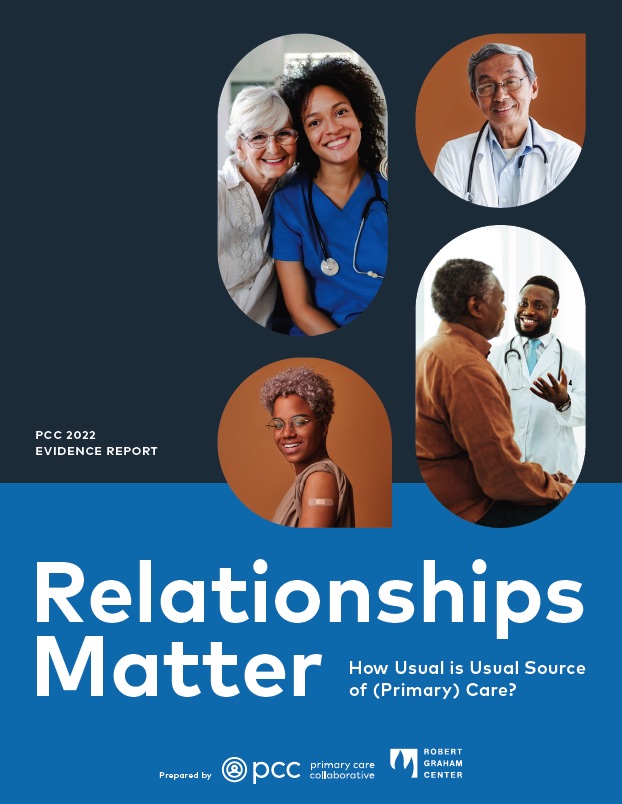In a win for tens of millions of children, adults and communities that rely on Medicaid and CHIP, CMS has finalized new primary care access standards long sought by PCC and our Better Health – NOW Campaign.
Under new federal transparency requirements, state Medicaid programs and plans must publish comparisons of primary care payment against payment rates from Medicare and other payers. CMS also finalized proposals to strengthen beneficiaries’ voice in state Medicaid program governance and to address health related social needs through In-Lieu-of-Services payments.
“The transparency requirements will spotlight the glaring disparity between Medicaid primary care payment rates and other health plans – a disparity that hits rural and underserved communities the hardest,” said Larry McNeely, PCC's Director of Public Policy . Independent analysis from the Urban Institute has estimated that primary care rates are just 67% of Medicare’s.
“The onus then falls on federal and state policymakers to leverage the new transparency to actually close those gaps, and on primary care stakeholders to make them do it,” added McNeely.
CMS’ announcement follows BHN’s two years of persistent engagement, dating from PCC's Medicaid RFI response in April 2022, through 2023 comments on the proposed rules, to the January 2024 release of Better Health – NOW’s Medicaid Priorities.
Better Health – NOW, a Campaign of the Primary Care Collaborative, has identified reducing economic and social barriers through stronger Medicaid and CHIP primary care as a core policy goal. To learn more about the Campaign, click here.




